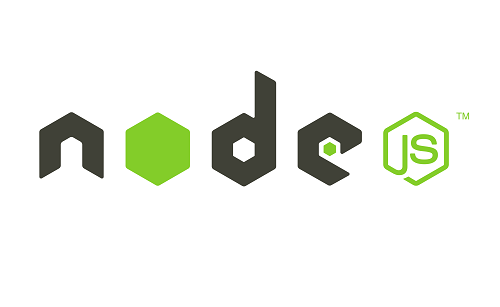
NodeJS When to choose?
Node.js is a JavaScript runtime built on Chrome’s V8 JavaScript engine. It allows developers to run JavaScript on the server side, creating backend applications with JavaScript.
Node.js is known as a non-blocking runtime because it uses an event-driven, non-blocking I/O model.
In a traditional, blocking runtime, when a request is made, the program will stop executing and wait for the response before continuing. This can lead to slower performance, as the program is not able to do anything else while waiting for a response.
On the other hand, in a non-blocking runtime like Node.js, requests are made asynchronously. This means that the program will not stop executing and wait for a response, but instead, it will register a callback function to be called when the response is received.
This allows the program to continue executing and handling other requests while waiting for responses, leading to better performance and scalability.
The non-blocking nature of Node.js is particularly useful for building high-performance networked applications, such as web servers, real-time messaging systems, and other types of I/O-bound and high-concurrency applications.
In summary, Node.js is non-blocking because it uses an event-driven, non-blocking I/O model, which allows it to handle multiple requests concurrently and improve performance. This makes it well-suited for building high-performance networked applications.
Node.js has gone through several versions since its initial release in 2009. The current Long-Term Support (LTS) version is 18.x, and the current version is 19.x.
Node.js versions are released regularly, with new versions coming out every six months. The LTS versions are released every two years and are supported for three years, while the Current versions are only supported for six months.
One of the main differences between the LTS and Current versions is the level of stability and support. LTS versions are considered more stable and are recommended for production environments, while Current versions are intended for testing and development.
Some main features introduced in recent versions of Node.js include improved security, better performance, and new JavaScript language features.
For example, the 14.x LTS version introduced the N-API (Native API), which allows developers to create native Node.js modules using C/C++. This allows developers to create more efficient and performant modules that can be used in their Node.js applications.
Another significant feature introduced in the 15.x version is the AbortController, which allows developers to cancel network requests and other async operations. This can be useful for improving the performance of applications and providing a better user experience.
Why and When to choose NodeJS
-
JavaScript everywhere: If you are familiar with JavaScript and want to use it for both the frontend and backend of your application, Node.js is a good choice, as it allows you to use JavaScript on the server side. This can be a great advantage if you are building a full-stack JavaScript application and want to use a single language throughout.
-
High performance: Node.js is known for its high performance, thanks to its non-blocking, event-driven architecture. This makes it well-suited for building high-concurrency applications, such as real-time messaging systems and web servers.
-
Large ecosystem: Node.js has a large and active developer community, which has resulted in the creation of a vast ecosystem of libraries and tools. This makes it easy to find solutions to common problems and helps to accelerate development.
-
Suitable for microservices: Node.js is a good choice for building microservice architectures, as it allows you to build small, independent services that can be easily scaled and maintained.
-
Easy to learn: If you are new to backend development, Node.js can be a good choice, as it is relatively easy to learn, especially if you already know JavaScript
You might choose to use Node.js if you want to use JavaScript on the backend, need high performance, want to take advantage of the large ecosystem of libraries and tools, want to build microservices, or are new to backend development.
In conclusion, Node.js is a powerful JavaScript runtime that allows developers to build backend applications with JavaScript. It is regularly updated with new versions, with the LTS versions being more stable and suitable for production environments, while the Current versions are intended for testing and development. Recent versions have introduced numerous features that improve security, performance, and the overall capabilities of Node.js applications.